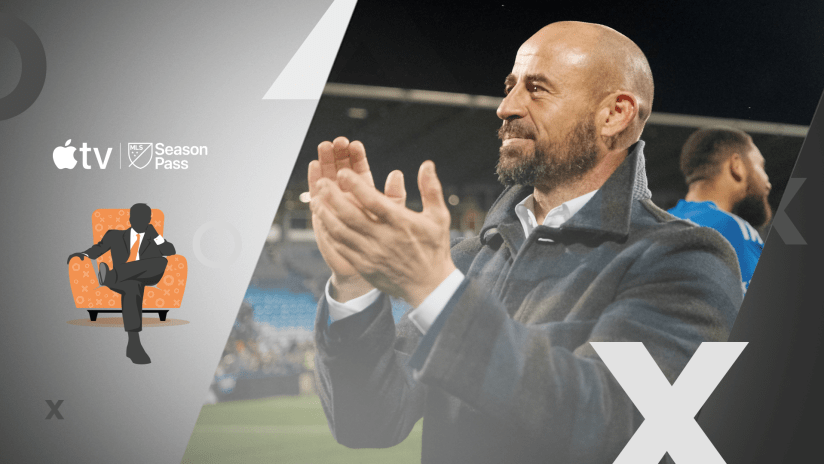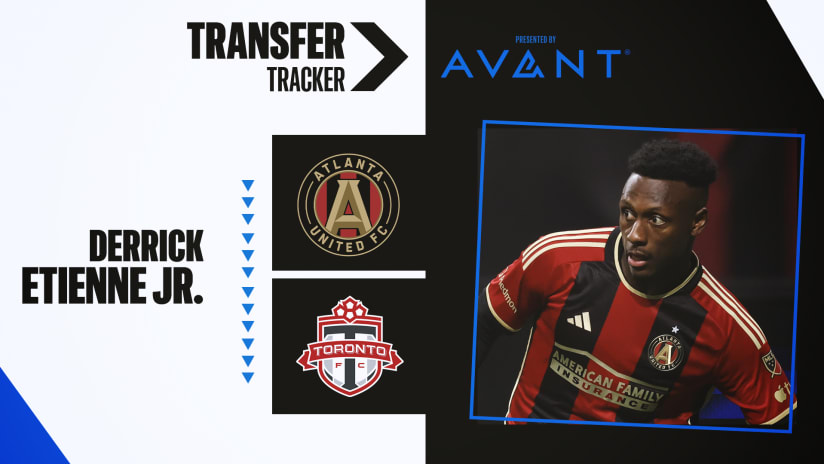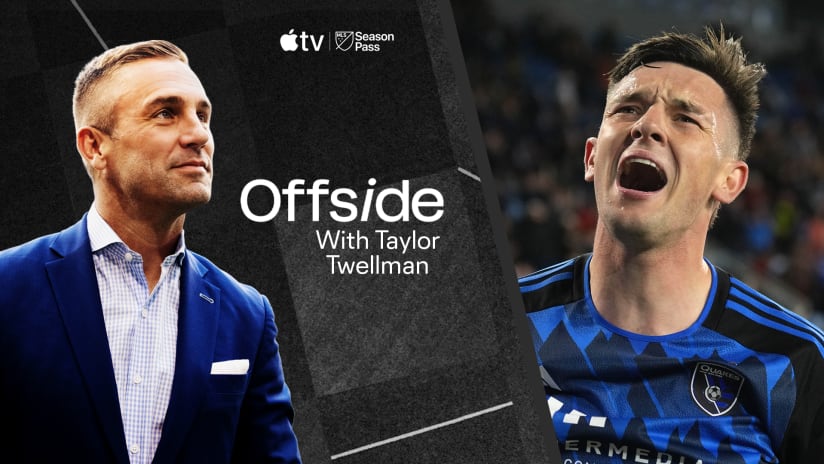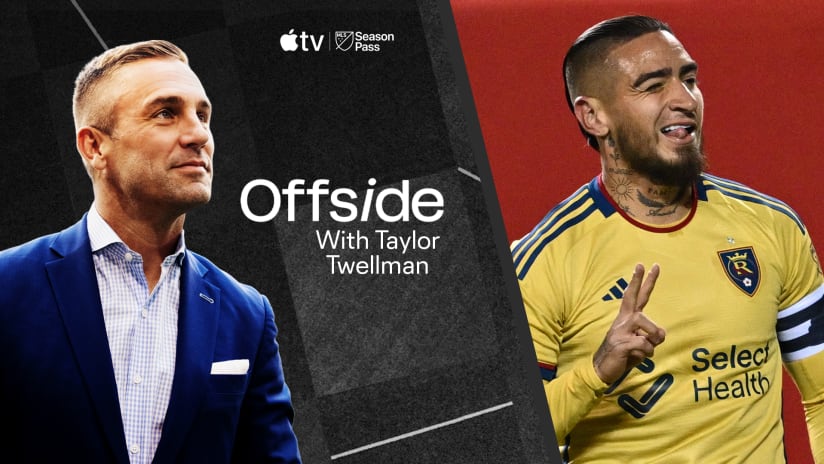Jurgen Klinsmann had an indifferent-to-bad first 13 months in charge, but the US were nonetheless scraping through the fourth round of World Cup qualifying.
There had been an uninspiring 3-1 win over Antigua & Barbuda, and then a late collapse at Guatemala (!!!) to concede a 1-1 draw. There was a bad and ugly 2-1 loss at Jamaica, our first ever against them (and remember, we picked up our first-ever home loss to Jamaica this past summer). There were other hallmarks of the Klinsmann era that haven't gone away -- the constantly changing lineups, the cadre of our best players played out of position, the tales of Bataan Death March-esque practice sessions, the blame being shunted away from the coach and onto whoever happened to be conveniently located near the tires of the bus.
And then, on the morning of September 7, 2012, there was this:
I haven't written about this video, though I've tweeted about it a bit. Because it's embarrassing.
Ripping a phone book in half doesn't take strength or mental fortitude or insight about willpower. Watching someone rip a phone book in half is not motivating.
Ripping a phone book in half is a trick. It's a hoax. It is a ruse. It's something a con artist does in a Melville book or a carny does at the fair. It's something somebody with no plan comes up with and passes off as inspirational or illustrative, and it insults the intelligence of the people who are meant to be the audience.
Herculez Gomez rescued Klinsmann four days later, driving home a 25-yard free kick to beat Jamaica 1-0. A month after that it was time for Alan Gordon and Eddie Johnson to save the coach, as the former fed the latter for a last-minute winner at Antigua & Barbuda.
Think about that. Somehow it's lost in the mists of time that the US needed a desperation winner against Antigua & Barbuda, but I assure you that did happen.
Things haven't changed much in the four years since, except there was no rescue this evening. There was no EJ header, and there was no last-minute Panama meltdown, and there was no point at which the US -- clearly the more talented team -- looked like the better team. They lost 2-0 at Guatemala, falling to a better organized and more motivated squad. It's the first US loss to los Chapines since Ronald Reagan was president, the first time in 21 tries dating back to 1988 that Guatemala got full points from the US.
If you listened hard enough, at some point you could probably hear a phone book rip.
A few takeaways:
6. Things got much better in the second half when Darlington Nagbe came on and the US shifted to a 4-1-3-2. If Nagbe is anywhere near 100% fit, he should be a starter.
5. In the last qualifier, a scoreless draw at Trinidad & Tobago, Klinsmann started Geoff Cameron at center back and Michael Orozco at right back. This time he reversed them in pursuit of chemistry between Cameron and DeAndre Yedlin. No chemistry was to be found.
4. Props to veteran Guatemala goalkeeper Paulo Motta, who made three big saves to preserve the shutout. The narrative will be, I'm sure, that the US simply ran into a hot 'keeper, and that we'd badly outplayed the opponent. Not so:
3. I can't tell you what the best central defense, or best lineup, or best forward pairing is for the US, because we never see any of the above for more than one game at a time. The best teams develop cohesion and chemistry by playing together and understanding each other's strengths and weaknesses, then building upon that from game to game. That kind of incremental improvement has never been a part of the plan for the US under Klinsmann.
2. Even at the very worst of times under Steve Sampson, the US were reliable on restarts. Both goals tonight, however, came off of restarts.
1. Here are the current standings:
That should scare you. It certainly scares me -- I literally had a nightmare earlier this week that the US missed the World Cup. One more bad result, however, and we should start talking about the reality that the US might miss the Hexagonal.
It might be well if you would ask yourself: Are you better off than you were four years ago?













